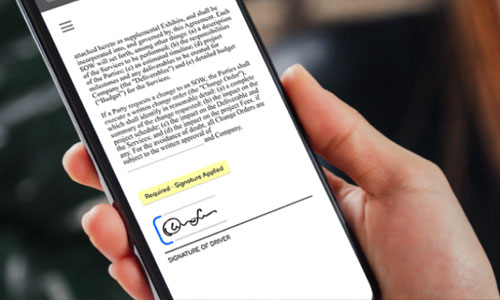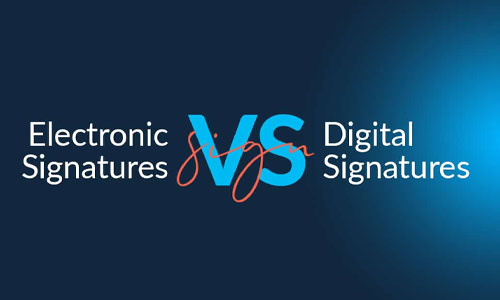By adopting the proposed digital signature framework, Uzbekistan is poised to significantly enhance its e-governance capabilities. The new legal structure ensures that digital signatures are legally enforceable, fostering greater trust in electronic transactions. Implementing a secure PKI infrastructure not only enhances data protection but also supports the growth of e‑Commerce and streamlined public services. As a result, Uzbekistan can transition to a more efficient and transparent digital economy, improving both governance and business operations.
— Uzbekistan —
digitalisation. e-Signature. e‑Government.










Advancing Digital Signatures in Uzbekistan: A Strategic Approach to e‑Government and ICT
"Digital signatures are not just a technological upgrade but a foundational element for secure and transparent digital governance." – International Telecommunication Union (ITU)
Challenge
As Uzbekistan transitions towards a more digital government framework, the adoption of digital signatures (DS) has become essential. Digital signatures offer a secure, efficient, and legally binding method of authorizing electronic documents, critical for e-governance and e‑Commerce. However, the absence of a robust legal and regulatory framework has posed challenges in widespread adoption. Unlike paper-based signatures, digital signatures require advanced cryptographic technology and a secure certification process to ensure authenticity, integrity, and non-repudiation. The Asian Development Bank (ADB) funded a strategic project, led by our international ICT legal expert, to evaluate global digital signature practices and propose suitable adoption strategies for Uzbekistan.
Strategy
Our our international ICT legal expert, in collaboration with the Uzbek government and ADB, conducted an extensive analysis of digital signature policies from various countries. The study compared models from developed economies and emerging markets, focusing on their legal frameworks, technology standards, and implementation challenges. Key recommendations include:
- Developing a Legal Framework: Establishing a clear legal and regulatory structure to recognize digital signatures as legally binding and equivalent to traditional handwritten signatures.
- Adopting Global Best Practices: Implementing a two-tier system for electronic signatures and digital signatures, similar to the EU’s eIDAS framework, to differentiate between simple electronic signatures and more secure, qualified digital signatures.
- Certifying Authorities (CAs): Creating a government-authorized Certifying Authority to issue and manage digital signature certificates, ensuring secure and standardized issuance.
- Public Awareness and Training: Educating government officials, businesses, and the public on the benefits and applications of digital signatures, thereby fostering acceptance and integration.
- Technology Infrastructure: Implementing robust Public Key Infrastructure (PKI) to support the creation, storage, and management of digital signatures, ensuring high levels of security and accessibility.
- Pilot Programs: Rolling out pilot programs within government agencies to test and refine the implementation strategy before full-scale adoption.
These recommendations aim to position Uzbekistan as a digitally empowered nation, promoting secure and efficient electronic transactions.